[Pic] 121219 Jaejoong Participating in the Presidential Election
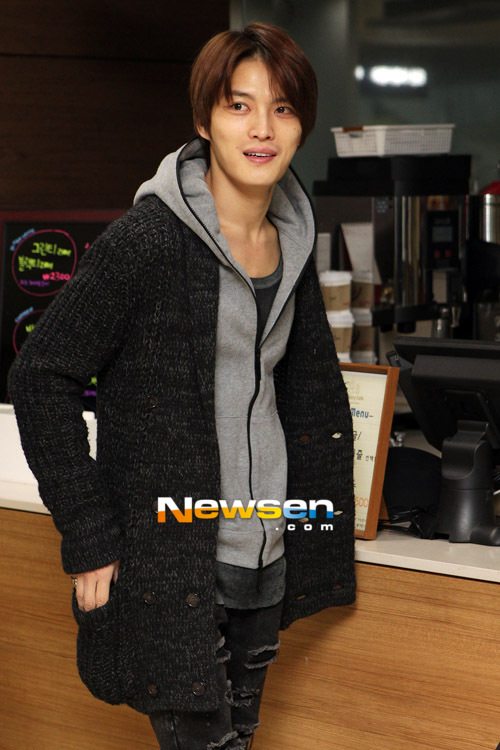
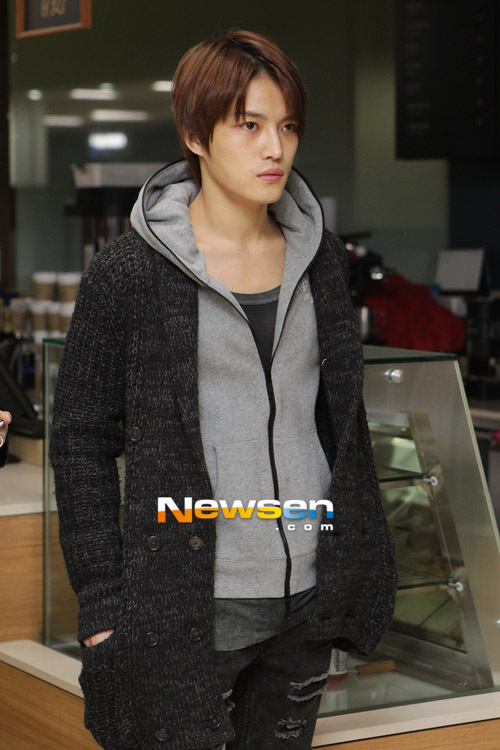
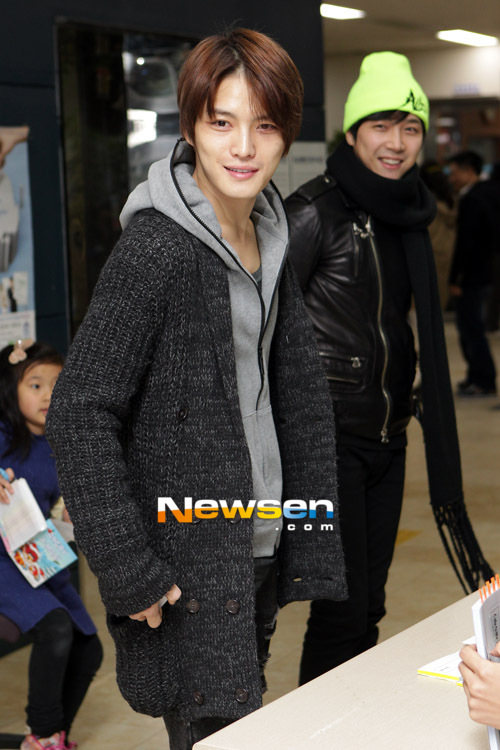
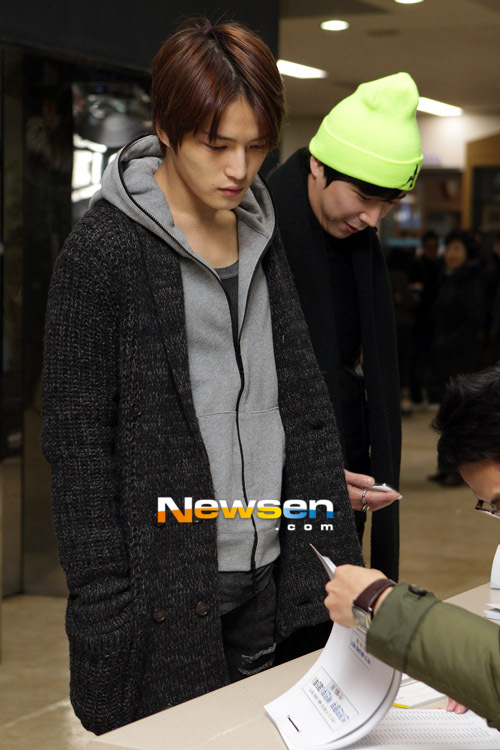
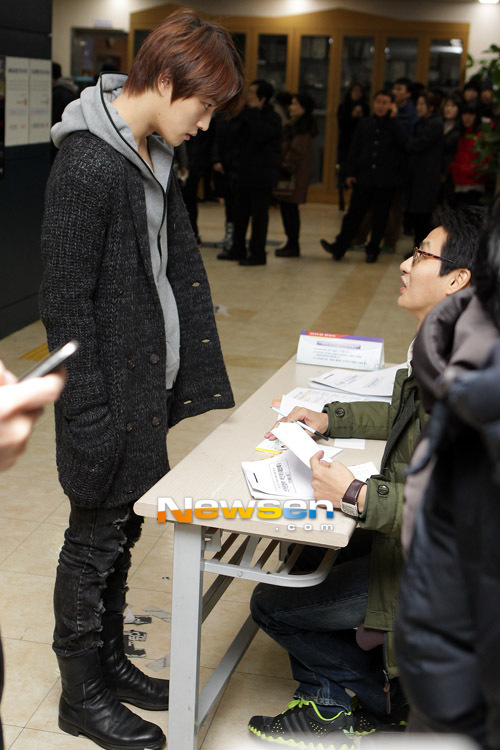
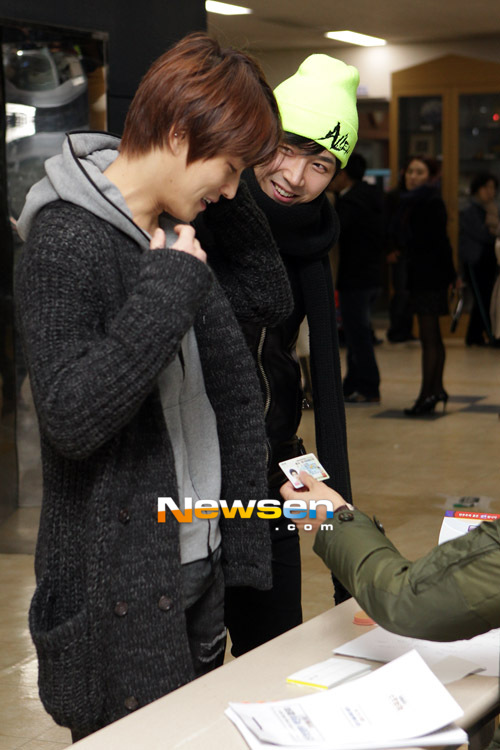
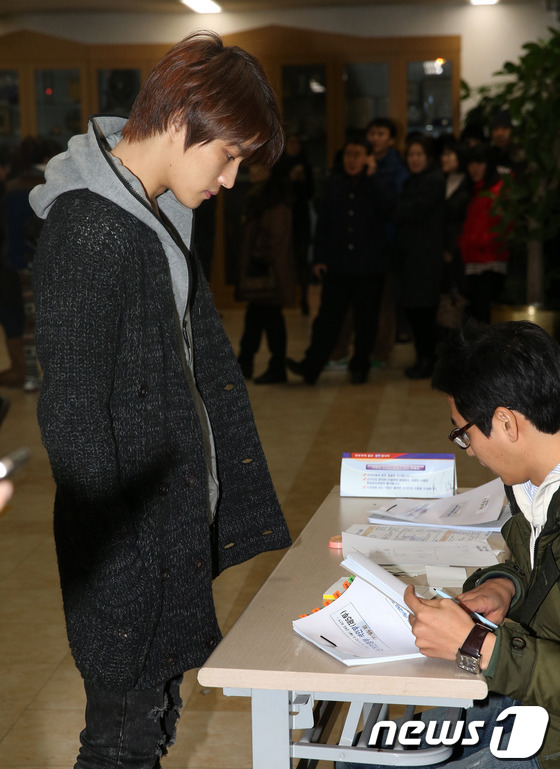
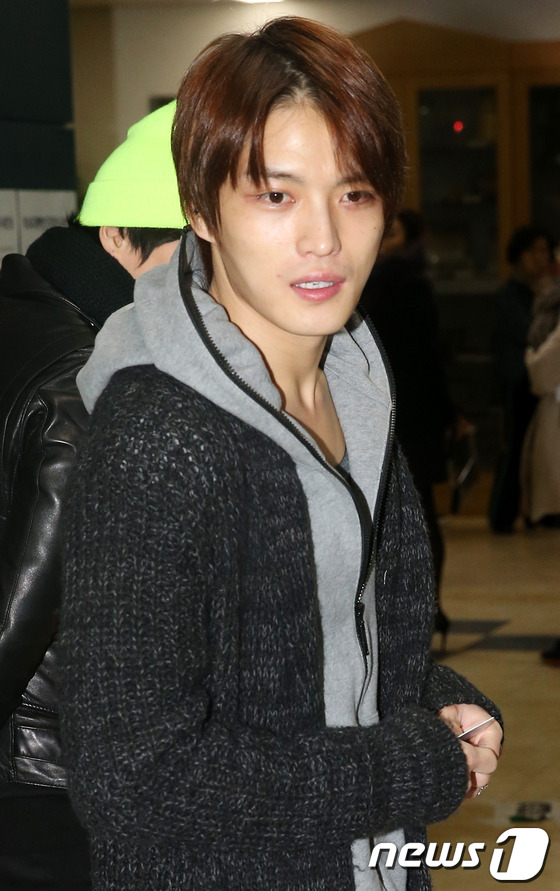
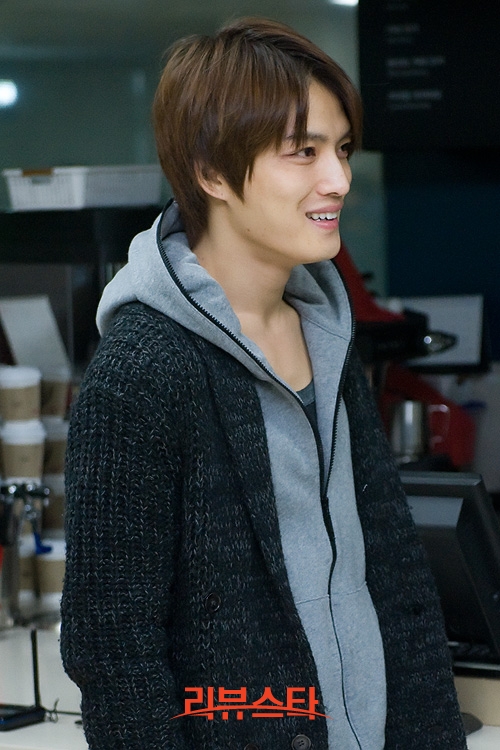
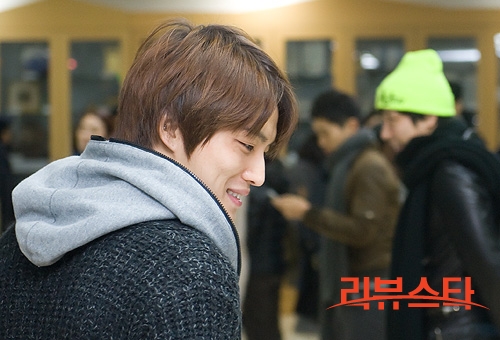
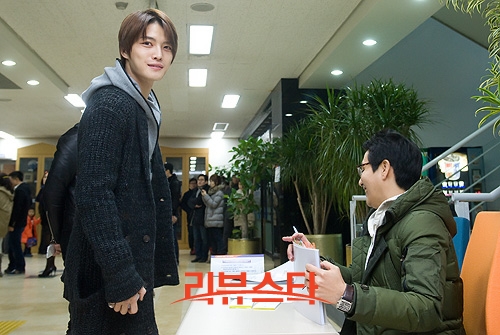
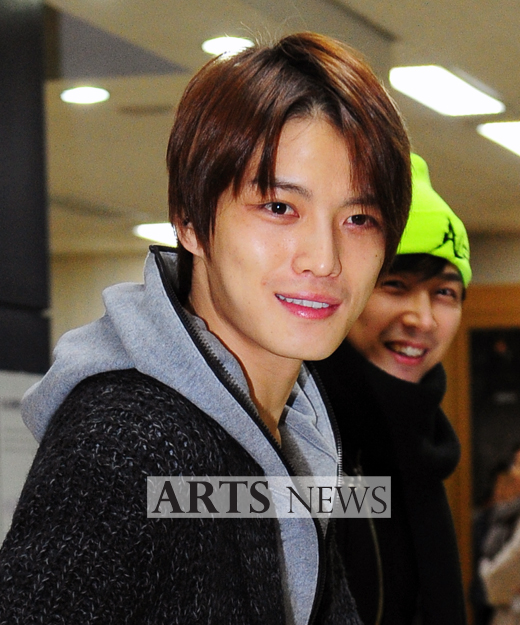
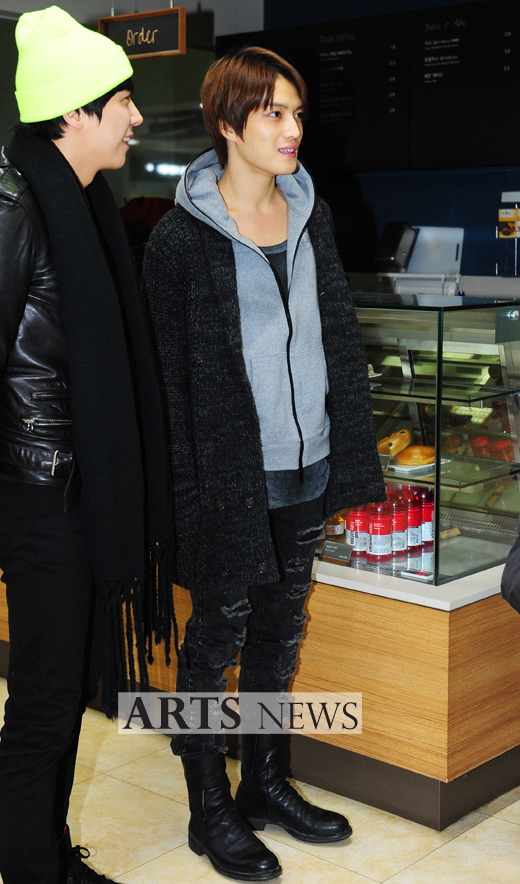 credit: as tagged
credit: as tagged
shared by: sharingyoochun.net
Momma’s Source: sharingyoochun.net
Share This













 credit: as tagged
credit: as tagged
shared by: sharingyoochun.net
Momma’s Source: sharingyoochun.net
Share This
Last year on Good Friday, 2011–The U-M Nam Center For Korean Studies in Ann Arbor, Michigan sponsored a colloquium on JYJ entitled. “Of The Fans, By The Fans, For The Fans”–The Republic of JYJ. Here at JYJ Fantalk we posted the results of that colloquium.
Coming up this December 14th, 1:00 to 4:00 p.m. is another colloquium with speaker Jamie Shinhee Lee, Associate Professor of Linguistics, University of Michigan-Dearborn which explores the changing look of Korean TV.
On January 12th from 1:00 to 4:00 p.m. is a Japanese New Years Celebration. [Mochitsuki]
Sponsor(s): Center for Japanese Studies, Consulate General of Japan in Detroit, Subaru Research & Development, Inc.
Also, from January 12th to April 6th is a series of films representing Korea’s contemporary cinema.sponsored by the U-M Nam Center for Korean Studies.
credit: U-M Nam Center For Korean Studies/ U-M Center For Japanese Studies
Please check these out and attend if possible. Momma Cha
Share This
12/14/2012; 4:00 PM to 5:30 PM Sponsor: Nam Center for Korean Studies
A complete list of all center events is available on the International Institute website’s Events page.
Festival: Center for Japanese Studies’ Annual Mochitsuki (Japanese New Year’s Celebration)
Location: East Hall Math and Psychology Atriums, 530 Church Street
1/12/2013, 1:00 to 4:00 PM
Sponsor(s): Center for Japanese Studies, Consulate General of Japan in Detroit, Subaru Research & Development, Inc.
Jan 12 2013
| FREE & OPEN TO THE PUBLIC |
The Center for Japanese Studies will be hosting its annual celebration of Mochitsuki (a Japanese New Year’s event) with demonstrations of traditional mochi-making techniques and will also provide games, live music, snacks and refreshing beverages, and many more fun cultural activities for everyone.

NCKS Film Series: Korean Cinema Now
Screening the diversity and vitality of one of the most exciting world cinemas in the 21st century. Curated by Prof. Sangjoon Lee (Screen Arts and Cultures, U-M) from refined art house favorites to provocative genre titles and box office hits, “Korean Cinema Now,” in its inaugural year, includes eight films screening select Saturday afternoons 2-4 p.m. from January 12 to April 6 at the prestigious Michigan Theater (603 East Liberty Street). This film series is free and open to the public, and subtitled in English.
Presented by the Nam Center for Korean Studies
Curated by Sangjoon Lee, Screen Arts and Cultures
This film series is free and open to the public!
“Korean Cinema Now” is a supreme platform for contemporary Korean cinema, screening the diversity and vitality of one of the most exciting world cinemas in the 21st century. Ranging from refined art house favorites to provocative genre titles and box office hits, “Korean Cinema Now,”in its inaugural year, includes eight films screening from January 12 to April 6 at the prestigious Michigan Theater.
Read More
Date: 01/12/2013; 2:00PM to 4:00PM
Location: Michigan Theater, 603 East Liberty, Ann Arbor
Read More
Date: 01/19/2013; 2:00PM to 4:00PM
Location: Michigan Theater, 603 East Liberty Street Ann Arbor
Read More
Date: 02/09/2013; 2:00PM to 4:00PM
Location: Michigan Theater, 603 East Liberty Street Ann Arbor
Read More
Date: 02/16/2013; 2:00PM to 4:00PM
Location: Michigan Theater, 603 East Liberty Street Ann Arbor
Read More
Date: 03/09/2013; 2:00PM to 4:00PM
Location: Michigan Theater, 603 East Liberty Street Ann Arbor
Read More
Date: 03/16/2013; 2:00PM to 4:00PM
Location: Michigan Theater, 603 East Liberty Street Ann Arbor
Read More
Date: 03/30/2013; 2:00PM to 4:00PM
Location: Michigan Theater, 603 East Liberty Street Ann Arbor
Read More
Date: 04/06/2013; 2:00PM to 4:00PM
Location: Michigan Theater, 603 East Liberty Street Ann Arbor
NCKS Colloquium Series: Chang Hyokchu and the Twentieth Century
John Whittier Treat, Professor, Dept of East Asian Languages and Literatures, Yale University.
01/23/2013, 4:00 to 5:30 PM
Sponsor: Nam Center for Korean Studies
credit: jaef126
Momma’s Source: sharingyoochun.net
Share This
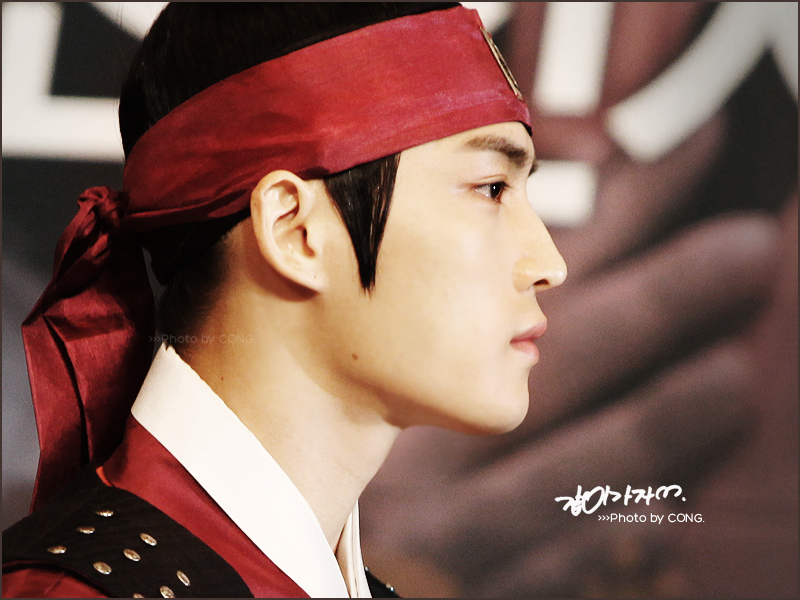
One of the benefits that I have gained from watching “Time Slip Dr. Jin” is a lesson in the politics and history of the Chosun Dynasty. This has been an enlightening drama for me and my family simply because it has inspired us to read and learn so much more about the history of Korea than we knew before. Why is this important? It is important because ignorance about people and their ways is the reason why there is strife and war. To learn about a people’s history is a key to understanding them in the present. Korean people are strong nationalists. They cling to their heritage with an unsurpassed tenacity of spirit. Even living in foreign countries they distinctly remain Korean. This is a tribute to their sense of self as a nation and as a people undaunted by the many attempts to subjugate them.
As a nation that did not desire ties with western nations or their ways, Korea had chosen to keep its borders closed. This stand changed as other cultures and ideologies intervened, and grass roots rebellions within Korea produced an impetus to a new way of thinking that eventually changed the ruling class. The Andong Kim Clan controlled Korea for most of the 19th century along with the P’ungyang Cho Clan. This made the Kings and Queens primarily puppets and as the century neared it’s close there was a breakdown of the class system. Today, remnants of the class system still remain, but there is more equality and opportunity for those who exert themselves to rise above the societal layers.
Korea during the Chosun Dynasty was going through a transitional stage just before the dawning of the new century. In “Korea, Its History and Culture” published by the Korean Overseas Information Service, we read, …”There were also responses to economic growth, social change and the introduction of Western ideas. The new developments led scholars to break away from the abstractions and rigidity of Neo-Confucian doctrine and search for practical solutions and responses to the new social and technological situation. The result was an incredible surge of interest in all forms of practical scholarship”. [Sirhak]
This interest in new ways of thinking and doing led to drastic changes in Korean society and life, and other nations seized opportunity to control and use a courageous people for their own ends. Thankfully, that era has passed, but there is still unrest in a divided Korea. It will take courage and humility to reunite Korea, but sadly, it may also take many lives.
Episode 22 of this dramatic adaptation gives us a an 1860’s glimpse into the courage and desire of the Korean nation to remain solidified. This drama is based on historical fact woven into a thread of fantasy. I salute the writer(s) of Time Slip Dr. Jin for insight and courage to portray a time in Korea’s history that was not the most flattering, but which was a transition stage into the modern era. Societies tend to change through civil war and uprisings, and in this instance, also subjugation and manipulation. I have seen that in our own American history–so I understand a nation that has seen pain, sorrow, and politics shape her history and her people again and again.
Koreans are stalwart survivors, and Time Slip Dr. Jin has given us a glimpse into the hearts, minds, and spirits of a special people. The portrayal of all of the essential characters including Dr. Jin, Kyung Tak, Young Rae, Young Hwi, and many more was performed and acted impeccably and convincingly. I will enjoy this drama again and again.
credit: Momma Cha @jyjfantalk
Please remove with credits intact
Insight into The Persecution of Catholics in Korean History and The Emergence of The Modern Christian Movement
There is reference in Time Slip Dr. Jin to the persecution of Catholics during the time of the Joseon Dynasty Period. We can see this being acted out on the screen as we watch this intriquing drama unfold. The reference cannot be over-looked because it is based on historical fact. Even the Priest, Father Simeon-Francois Beneux, who is being helped by Young Rae and Dr.Jin in Episode 18, is a real historical character. He and many other Catholics were martyred in 1866 during one of the toughest crack-downs on the Catholic believers in the history of Korea.
‘Time Slip Dr.Jin” is not a light drama. It is full of thought-provoking situations that are based in part upon the Joseon Dynasty’s political existence and character. I believe that the writer[s] have something to say, and this is an excellent forum for their voice[s]. As I am not of Korean descent, but only an admirer of the strength and resolve of the Korean people, I am going to rely upon sources who are hopefully more knowledgeable about what really occurred in Korea that ushered in the true influence of Catholicism and Protestantism. The following information was retrieved from the world-wide web on July 23, 2012. I am only providing links here as the articles are quite extensive. I learned a vast amount by reading these articles. If you are interested in the history behind Time Slip Dr. Jin, and how it relates to today, then enjoy your reading.
http://en.wikipedia.org/wiki/Christianity_in_Korea
http://www.christianitytoday.com/ct/2007/januaryweb-only/105-33.0.html
http://www.korea4expats.com/article-Christianity-in-Korea.html
http://en.wikipedia.org/wiki/Simeon-Francois_Berneux
http://en.wikipedia.org/wiki/Religion_in_Korea
credit: Momma Cha @ www.jyjfantalk.com
Share This
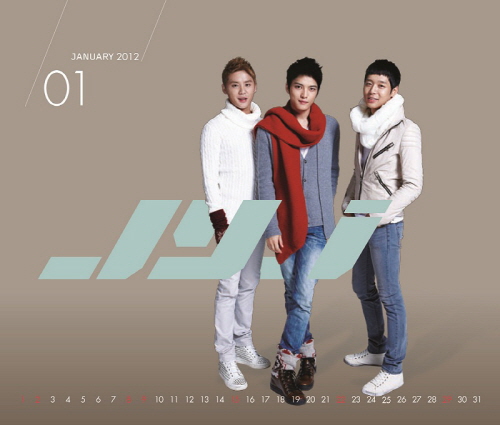
Approximately a month ago I posted a reference to a conversation that I had with the Director of the Nam Center for Korean Studies concerning a symposium entitled Hallyu 2.0 “Of The Fans, By The Fans, ForThe Fans”–The Republic of JYJ . She was very informative, and helpful, and she sent me the posters and brochure for the symposium via e-mail.
I could not personally attend the symposium on Good Friday, 2012 because I am a minister and had to attend church services–but I was told that there would be information from the symposium posted on the Nam Center For Korean Studies Facebook page at a later date that I could access and post. So far, that is still forthcoming, but I did run across the Fanaccount below from http://jyjsoul.tumblr.com which is affiliated with JYJ3. This was a marvelous find and I wanted to share it with you all.
Responsibility is great when you have so many voices to add into the mix. JYJ fans are passionate people and I thought it important to help get the word out. I was saddened when my server crashed on the 26th of March and my husband had to move http://jyjfantalk.com to a larger server. That meant that the information I was trying to keep out there concerning the Symposium went down with the server. However, the Fanaccount is great and I hope to find even more information at a later date.
picture credits: Lotte Duty Free
credit: Momma Cha @jyjfantalk
Share this with credits intact please
Hello! ^_^
I had the opportunity to go on Friday to the Symposium at the University of Michigan and attended the seminars (with the exception of the first block since I drove 3 hours and I overslept 30 minutes >~<), including “Of the fans, by the fans, for the fans – the Republic of JYJ” by Professor Seung-Ah Lee of Los Angles City College. As a scholar, the conference as a whole was very informational and looking forward to the book that the university is planning to published within a year that includes the scholarly papers for each speaker, including the one regarding JYJ ;D.
I was also able to meet a fellow JYJ3 member at the conference when we went up to chat with Professor Seung-Ah Lee after her talk 🙂 It was nice meeting you Meaghan (not sure of the spelling, sorry) and too bad you had to go home right after the Second block of presentations. Would have loved to get to meet you even more.
I recorded audio of the talk for those that were unable to attend but are interested in what what was said and typed out an outline below:
Several presentations had images of the trio since their debut in 2003. I ended the night by stopping at Seoul Street in Ann Arbor with my group. If anyone is in the area I really recommend. My friend from South Korea said it tasted authentic. We ended up buying Bibimbap, Kimbap, Dukboki, Fried Rice, Budae Jigae and Kimchi! So nommie…
Credit: popopiluvsjyj of JYJ3
Shared by: JYJ3
By Maryanne George
LSA Communications
U-M’s Nam Center for Korean Studies recently has received gifts and grants of nearly $2.9 million that will create new opportunities for scholarship, research and community engagement.
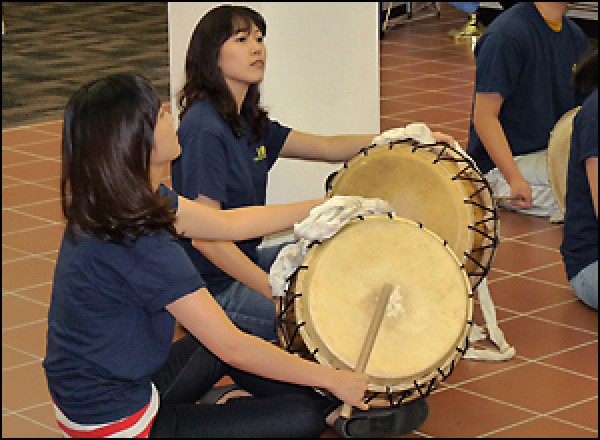
Undergraduate students Sun Hung Woo and Hye Seung Ryoo perform Sa-mool-nori during the Chuseok event, a Korean thanksgiving celebration. They are members of “Sinaboro,” a Korean traditional drumming group at U-M. The event was sponsored by the Nam Center for Korean Studies in October. (Photo courtesy of Mitch Park)
Alumnus Woon-Hyung Lee, chairman of SeAH Group, Korea’s major steel pipe and tube manufacturer, will establish two $500,000 endowment funds: the Woon-Hyung Lee Korea Culture Fund and the Woon-Hyung Lee International Korean Studies Fund. The endowments will strengthen programs promoting cultural, educational and international experiences.
The Woon-Hyung Lee International Korean Studies Fund endowment also qualifies for a $250,000 contribution from President Mary Sue Coleman’s Donor Challenge Fund.
In addition, the SeAH-Haiam Art & Science Scholarship Foundation, for which Lee serves as chair, will provide $10,000 annually for the next three years to support cultural activities and teacher-training programs.
Nojin Kwak, director of the Nam Center and an associate professor of communication studies, says Lee’s gifts continue a tradition of philanthropy.
“Like his previous gifts, Chairman Lee’s endowment funds will be utilized to strengthen the center’s programming on Korean culture, including collaborative activities with the University of Michigan Museum of Art,” Kwak says.
The Academy of Korean Studies also has awarded an Overseas Leading University Program for Korean Studies (OLUKS) grant to the center. This five-year grant of approximately $900,000 will strengthen the center’s scholarly programs and fund academic conferences and symposia on modern and contemporary Korea.
“This grant will provide students with fellowships as well as funds for scholarly programs in diverse fields, including communications, literature, art, culture, religion and sports psychology,” Kwak says.
A gift of $750,000 from The Korea Foundation will create the Korea Foundation Korean Language Program Directorship, providing the Korean Language Program (KLP) with organizational stability and programmatic leadership.
“Along with the significant growth of the enrollment in Korean language classes, the KLP directorship endowment puts the program on a promising trajectory,” Kwak says. “The Nam center will use its resources to provide students with an opportunity to learn the Korean language and more about the history and culture of Korea.”
The Nam Center for Korean Studies was launched in 1995 as the Korean Studies Program. Elder Sang-Yong Nam, a 1966 U-M graduate, noticed a lack of Korean art and literature at U-M when he arrived on campus in 1964. He began advocating for Korean language courses at U-M in 1984 and over the years became the center’s largest benefactor. In 2010 the center was named in his honor. He died in March 2011.
Over the years the center has grown to one of the leading Korean studies programs in the country. The center’s growth has been nurtured by donors and alumni from Korea.
“Donors from Korea have provided some of the most generous international gifts to the university,” says Peggy Burns, assistant dean for advancement in LSA. “This tradition of philanthropy is a tribute to Korea’s connection to the University of Michigan, dedication to education and the desire to share the culture, arts and literature of their amazing country.”
Credit: Maryanne George
Momma’s Source: Nam Center for Korean Studies
ii.umich.edu
Share This
Host Department: Nam Center for Korean Studies
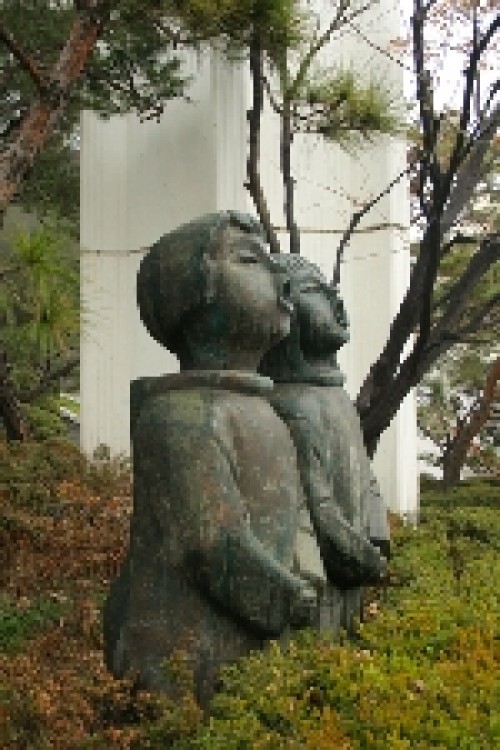
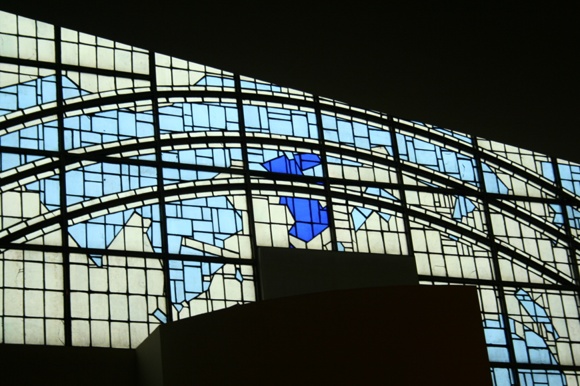 Among these Christians, it is claimed that the advanced nation is joyful, healthy, stable, and clean—and so should its voice be. I discuss both the aesthetics of sound as well as the ethics of bodily practice.
Among these Christians, it is claimed that the advanced nation is joyful, healthy, stable, and clean—and so should its voice be. I discuss both the aesthetics of sound as well as the ethics of bodily practice.credit: Nicholas Harkness
Momma’s Source: Nam Center for Korean Studies
Share This